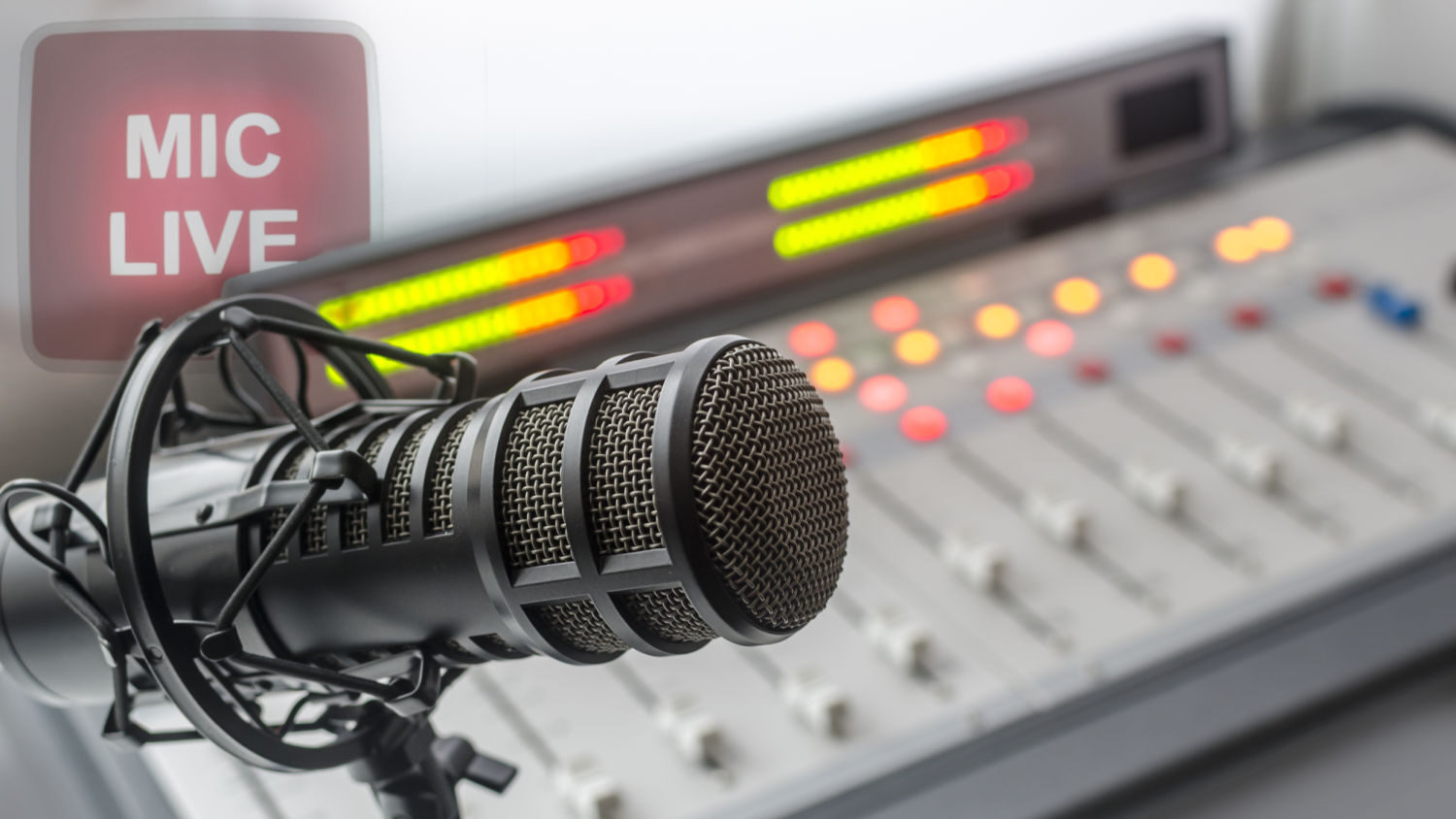Forum Replies Created
-
AuthorPosts
-
June 9, 2023 at 4:47 am in reply to: Breakaway One 3.30.93, Win10 x64, ESI Juli@, Wave-iface: Unable to open device #17218
Cartman
ParticipantIn Juli@ control panel theres MME and WDM options, separate. This is what I was talking about.
I understand BA1’s KS is WDM, but MME is KS too, and as far I know, evetytime ‘someone locks the WC door’, its no possible to enter before it is opened again.
I guess even WASAPI runs through a ‘different kernel streaming’ way. I need to learn more about it.
As you said, its a little bit of semantics too and Windows is some kind of hell living inside electronic devices.
I like this kind of thread. I’m trying to remember things I learned 10-15 years before. That’s great!
Cartman
ParticipantJust for curiosity purposes: can you describe the system you’re running (audio interfaces, CPU, OS…)?
And theres no dropouts in any ocasion with the 100-200% jitter figures?
I got used to see 5% jitter in my Delta 44 buffered at 128 and now I’m running an UMC404 with the sammer buffersize but with continuous 45% jitter (both ASIO). For me this is something alarming and may you comfort my soul. 🙂
Cartman
ParticipantHey @skytrax
My quote about audio quality is not only about glitches, it’s also about how BA1 deals with high jitter figures. If it discards audio frames to allocate in a buffer packet, for example.
One thing I noticed when I see high jitter oscilations is music ‘losing rhythm’.
And if I know that the KS input with high buffer sizes and low jitter reduces these effects, I guess is more interesting to run a BA1 LL instance for monitoring purposes and other for quality audio processing.
June 8, 2023 at 6:45 pm in reply to: Breakaway One 3.30.93, Win10 x64, ESI Juli@, Wave-iface: Unable to open device #17212Cartman
ParticipantBoth MME and WDM are kernel streaming.
MME is older (from Windows 3.1) and WDM newer (from Windows 98).
In my point of view, if another API (MME) requires a streaming adress, it could restrict the access to other API allocates (as WDM, for example). All Windows audio runs through kernel drivers, only ASIO bypasses it.
At least that’s how I understood Windows audio management…
June 8, 2023 at 6:30 am in reply to: Breakaway One 3.30.93, Win10 x64, ESI Juli@, Wave-iface: Unable to open device #17210Cartman
ParticipantHi Karl!
First, are you using the latest drivers from Juli@? I’m attaching it below in case it isn’t. I’ve had similar problems and they were driver related.
Also check that the samplerate in the control panel if is not below 48 kHz. I think it’s interesting to keep it at 192 kHz since the BA1 can run the conversion by its own.
If Windows is using Juli@ in exclusive mode can also cause this issue. In the audio control panel, try disabling Juli@’s audio inputs and outputs (also digital IN-OUTs), as Kernel Streaming does not depend on these WASAPI settings.
I’m not sure, but there is a patchbay (DirectWire) at Juli@ driver and it may have an influence on how it understands interface inputs and outputs. As I recall, it manages the MME, which I believe is the same thing as Kernel Streaming.
By the way: have you ever tried to use Juli@ through the ASIO driver? I think it will be even more efficient and has lower latencies.
ESI Juli@ latest drivers (also compatible with Windows 11)
https://download.esi-audiotechnik.com/download/ESI/Juli@/Juli@-x2v-v1_51.zipCartman
ParticipantTry to start a new forum topic.
It’s better for everybody to see your problem and help you and also help another people with the same problem you have.
Cartman
ParticipantGreeting, folks!
Following the latency questios I’ll use this thread to ask something about jitter and how BreakawayOne inputs work.
So, can a 40% jitter figure at ASIO degrade the final audio quality? In my case, I run one interface for audio input and low latency monitoring, and I run a second interface in KS mode, with a large buffer with very low figure.
I noticed that I can use the same physical input of the ASIO interface for a separate input via KS, but I can use a bigger buffer resulting a very low jitter figure.
So I would like to understand if the KS input is independent of ASIO at this point. Because if it’s independent, I wonder if it’s not interesting to use a separate HD Core in low latency mode, just for monitoring purposes, while the FM Core uses the KS input.
And is it possible to run a Full FM Core with LL processing with ASIO drivers and thr FM audio feed through KS?
If it is possible to ask Leif, I would like to know if there is no possibility to change the ‘Warning’ counters in the jitter indicators running BreakawayOne. Currently, the warning numbers here, after 6 months are scary and occupying a big display space…
-
AuthorPosts
